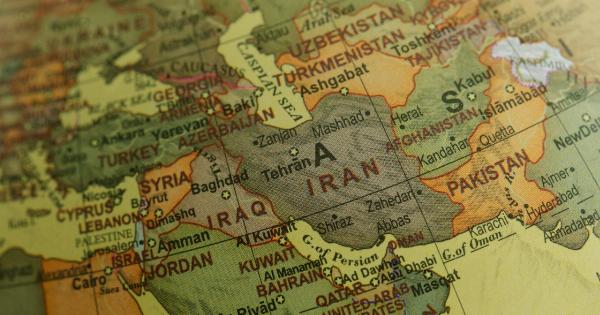In the realm of romantic relationships, one prevailing debate emerges – does personality outweigh income or vice versa when it comes to selecting a mate? This heated discussion has captivated the interest of researchers, sociologists, psychologists, and even everyday individuals seeking their ideal partner. While some argue that personality traits hold paramount importance, others firmly believe that a prospective partner’s income is the key determinant.
In this article, we will delve into the great debate surrounding personality versus income in mate selection, exploring the various perspectives and considering the potential implications for modern relationships.
The Importance of Personality in Mate Selection
Those in favor of personality as the primary determinant in mate selection emphasize the significance of compatible traits and the role they play in fostering a healthy, long-lasting relationship.
Proponents argue that shared values, common interests, and emotional compatibility form the foundation of successful partnerships. Some studies propose that individuals prioritize personality traits like kindness, empathy, sense of humor, intelligence, and emotional stability when looking for a partner.
Moreover, research suggests that a person’s personality directly influences the quality of their interpersonal relationships.
Individuals with positive personality traits often exhibit better communication skills, conflict resolution abilities, and higher relationship satisfaction. Thus, supporters argue that a harmonious relationship rooted in shared values and complementary personalities holds more potential for long-term happiness than one driven by financial considerations.
The Significance of Income in Mate Selection
On the other side of the debate lies the argument that income plays a pivotal role in mate selection. This perspective contends that financial stability and resources are crucial factors to consider when deciding on a life partner.
Advocates argue that a higher income offers financial security, ensures a comfortable lifestyle, and provides opportunities for personal growth and experiences. Moreover, economic theories like the “exchange theory” suggest that individuals tend to select partners who offer economic benefits in exchange for their own resources.
Furthermore, proponents state that income is often associated with ambition, drive, and the ability to provide for a family.
It is argued that these qualities contribute to an individual’s desirability as a mate, as they are seen as indicators of future success and stability. In this perspective, the financial aspect of mate selection is not solely about wealth, but rather about the potential for a secure and fulfilling life together.
The Complex Interplay between Personality and Income
In reality, the debate between personality and income in mate selection is not as black and white. Numerous studies have highlighted that the interplay between these factors is far more intricate and multidimensional than a simple either-or scenario.
Researchers have found that while personality traits generally play a significant role in initial attraction and relationship formation, income may influence the management of a relationship’s long-term stability.
Financial stress, discrepancies in income levels, and differing financial goals can all impact the satisfaction and longevity of a relationship, regardless of the strength of the initial emotional bond. It becomes evident that the two factors are interconnected, and their influence on mate selection cannot be entirely separated.
The Role of Cultural and Societal Influences
Another essential aspect to consider is the influence of culture and societal norms on mate selection preferences. Different cultures prioritize different traits, and certain societies place greater emphasis on financial stability than others.
For example, in societies where arranged marriages are common, income and social status often take precedence over individual personality preferences. On the contrary, in more individualistic cultures, personal compatibility and emotional connection may be given greater importance.
Shifting Dynamics in Modern Relationships
In recent years, societal attitudes towards mate selection have been shifting.
As gender roles evolve and traditional expectations change, factors such as personality compatibility, shared experiences, and emotional bonds have gained increasing significance. The rise of dual-income households, where both partners contribute financially, has led to a decrease in the importance of income as the sole determining factor.
Moreover, as society becomes more inclusive and diverse, the importance of shared values and emotional connection has gained traction.
People are now actively seeking partners with similar interests, beliefs, and goals, valuing compatibility and companionship over external financial considerations. This shift highlights the growing importance of personality traits and emotional bonds in modern relationships.
Finding the Right Balance
Ultimately, it is essential to strike a balance between personality and income when choosing a life partner.
While personality compatibility lays the foundation for a harmonious relationship, financial stability contributes to the long-term success and well-being of a partnership. It is crucial to consider both factors and seek a partner who aligns with one’s values, goals, and emotional needs while also having the means to cultivate a stable and comfortable life together.
Conclusion
In the great debate surrounding personality versus income in mate selection, it becomes clear that both factors hold significance, albeit in different contexts and at varying stages of a relationship.
Each individual brings their unique preferences and priorities to the table, influenced by cultural, societal, and personal factors. Rather than viewing personality and income as opposing forces, it is crucial to acknowledge their complex interplay and understand that successful mate selection involves finding a complementary balance between the two.





























